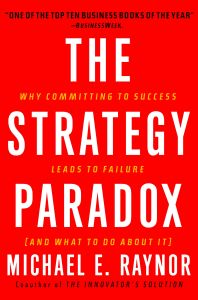
The Strategy Paradox
Why Committing to Success Leads Corporations to Failure (And What to Do About It)
From THE STRATEGY PARADOX: Why Committing to Success Leads to Failure (and What to Do About It) by Michael E. Raynor. Summarized by arrangement with Crown Currency, an imprint of the Crown Publishing Group, a division of Penguin Random House LLC.
ISBN: 9780385516228
Pages: 320
Read offline
Recommendation
Have you spent hours creating forecasts you knew didn’t mean much? Have you wasted time in painful meetings where second-guessers judged your efforts harshly because your original decision was not perfect in light of the way reality later unfolded? Michael E. Raynor explains why developing a strategy that would work moderately well under a variety of circumstances is likely to lead to mediocre results. Instead, he teaches you to match the appropriate level of management to the “requisite uncertainties” your organization faces. Raynor discusses how to use “strategic options” to put your company in a position to capitalize on a range of contingent scenarios without having to make firm commitments. getAbstract recommends this intelligent approach to business strategy to executives in any industry. It is clearly written and well-illustrated with new takes on familiar business sagas.
Summary
About the Author
Michael E. Raynor, Ph.D., is a distinguished fellow at Deloitte Consulting and has a global client base.









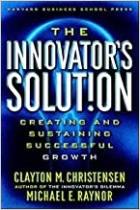
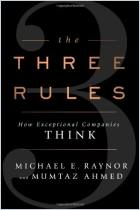
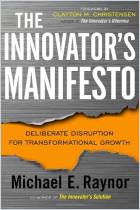


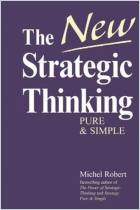
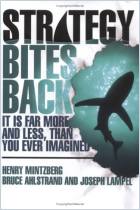

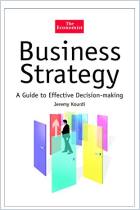



Comment on this summary or Diskussion beginnen